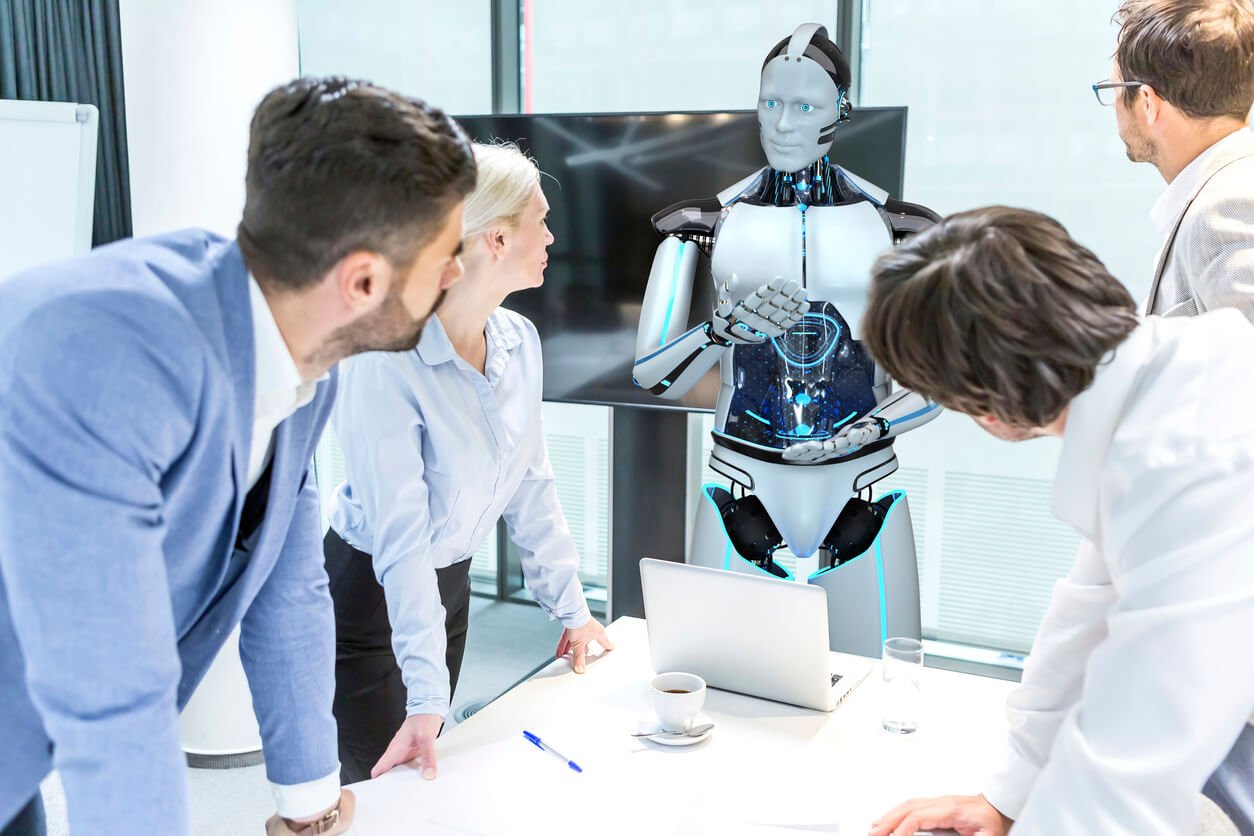Towards the end
Based on scientific evidence, the Earth is estimated to be approximately 4.54 billion years old. While there may be billions of living beings beyond our planet in the universe, our knowledge is limited to the species that inhabit our world. Currently, there are over 2 million known living species coexisting with the human race on Earth. Homo sapiens, or humans, are believed to have emerged around 300,000 years ago. Before and alongside humans, there have been billions of other living species on Earth. However, with the rise of humans, many of these creatures have faced extinction. Humans have documented the creatures they have destroyed in something called the "Red Book."
Looking at our world today, humans are considered the most dangerous, cruel, and intelligent species. Unfortunately, humans have also been responsible for genocide, war, hunger, and poverty, resulting in the deaths of billions of people. The constant struggle for power, greed, and lack of preference for others have contributed to countless wars and injustices, leading to immense loss of life. As a species, humans have caused significant harm to their own race and the planet.
The human race has already begun exploring other planets, and the destruction of our own planet seems inevitable. Medical disasters and other signs of environmental decay are indicative of this renewal process. We, as part of humanity, have contributed to the injustices in the world. For example, at my current workplace, tons of products are wasted and discarded daily, while they could have been sent to countries with food shortages. These waste and food production challenges have resulted in rising prices, making it increasingly difficult for people without the means to afford a nutritious diet. This creates a stark choice between starving or slowly poisoning oneself with poor nutrition.
In a changing world, we are rapidly approaching an uncertain future, fueled by technological advancements that may become our competitors. While technology and development initially seem promising, we often fail to anticipate the potential consequences that may harm us in the long run. Just like sugar or drugs, people may initially enjoy the benefits of technology, but eventually face the consequences, realizing it is too late to go back to how things were. Similar to the fight against smoking and narcotic drugs, there may be a need for a similar battle against the negative impacts of new technologies in the future.
there is more...






























